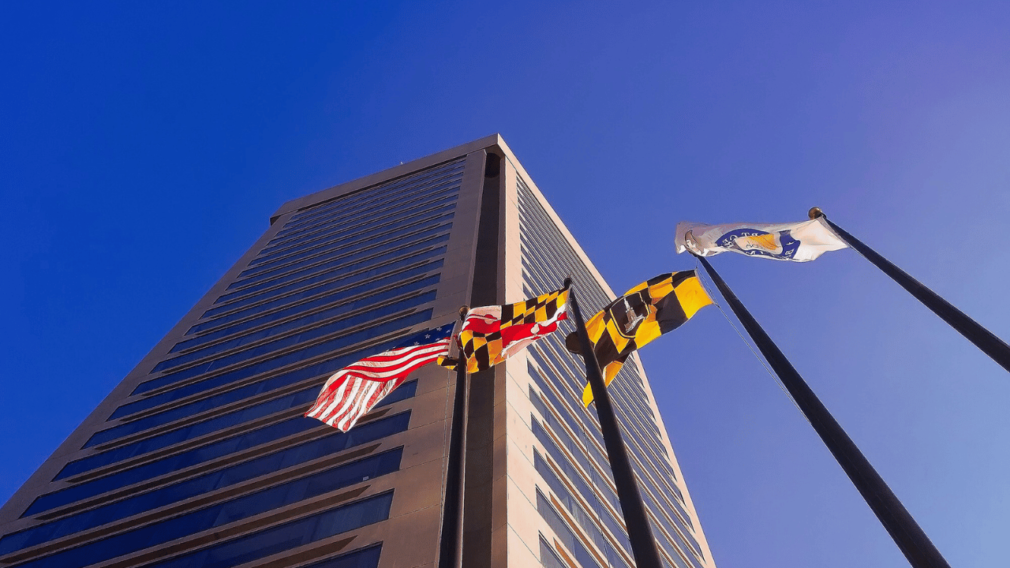Tribes Rally Against Kalshi in Maryland Legal Clash
A coalition of 27 federally recognized tribes and seven tribal organizations, including the Indian Gaming Association (IGA) and National Congress of American Indians (NCAI), filed an amicus brief in the U.S. District Court for the District of Maryland.

Tribes Take a Stand
The brief opposes Kalshi’s push for a preliminary injunction to block the Maryland Lottery and Gaming Control Commission’s (MLGCC) April cease-and-desist order, which accuses Kalshi of offering unlicensed sports betting.
The tribes argue that Kalshi’s sports event contracts are illegal gambling that undermines their sovereignty under the Indian Gaming Regulatory Act (IGRA). This filing echoes a similar brief by over 60 tribes supporting New Jersey in a related case.
Victor Rocha, IGA conference chair, didn’t mince words, calling Kalshi’s CEO Tarek Mansour a “lying little twerp” after talks he deemed insincere. “We’ll see him in court,” Rocha vowed, reflecting tribal frustration with Kalshi’s claim of “productive conversations.”
James Siva of the California Nations Indian Gaming Association (CNIGA) backed this, stressing that gaming revenue is a lifeline for tribal economies, funding education and healthcare. “This is illegal gaming,” Siva said, warning that Kalshi’s contracts infringe on tribal exclusivity and sovereignty.
The Legal Showdown
The heart of the dispute is whether Kalshi’s contracts, regulated by the Commodity Futures Trading Commission (CFTC) under the Commodity Exchange Act (CEA), are exempt from state and tribal gaming laws.
The tribes argue they’re not, citing the CFTC’s own Rule 40.11(a), which bans gaming-related contracts as against public interest. They point to former Senator Blanche Lincoln’s 2010 comments that such contracts, like those on Super Bowl outcomes, serve “solely for gambling” with no commercial purpose. The tribes reject Kalshi’s claim that the CEA preempts IGRA, insisting that Congress never intended to override tribal gaming rights.
Kalshi fired back, arguing the tribes’ brief is late and unhelpful, filed over a month after Maryland’s response to their injunction motion. They claim the tribes, many from outside Maryland, lack a “clear stake” in the case and that allowing the brief would leave Kalshi with less than 48 hours to respond.
Why It’s a Big Deal
The tribes see Kalshi as an “existential threat” to their gaming revenue, which funds essential services. Their brief warns that if courts allow Kalshi to operate unchecked, it could erode tribal-state compacts and sovereignty.
This isn’t just a Maryland issue. 34 states, the American Gaming Association, and anti-gambling groups have also filed briefs against Kalshi in New Jersey’s case, fearing a precedent that could disrupt state-regulated betting. Maryland’s case, still awaiting a ruling on Kalshi’s injunction, could set a national tone.
The controversy deepened when Kalshi’s claim of tribal cooperation was debunked. Rocha and Siva said talks with Mansour yielded no agreement, with tribes viewing Kalshi’s contracts as a thinly veiled bypass of sports betting laws.
With potential lawsuits looming, the tribes are ready to fight, drawing on their history of collective action to protect gaming rights. “They took our land, then our gold,” Rocha said. “Now they’re coming for tribal gaming. We’re ready.”
Recommended
